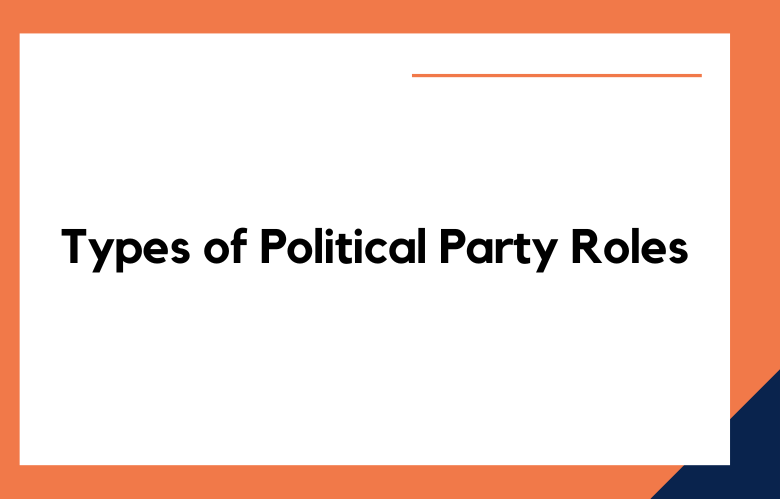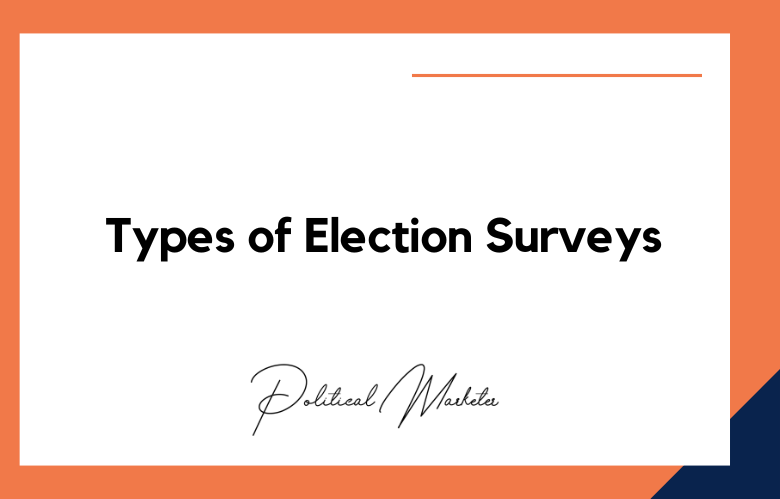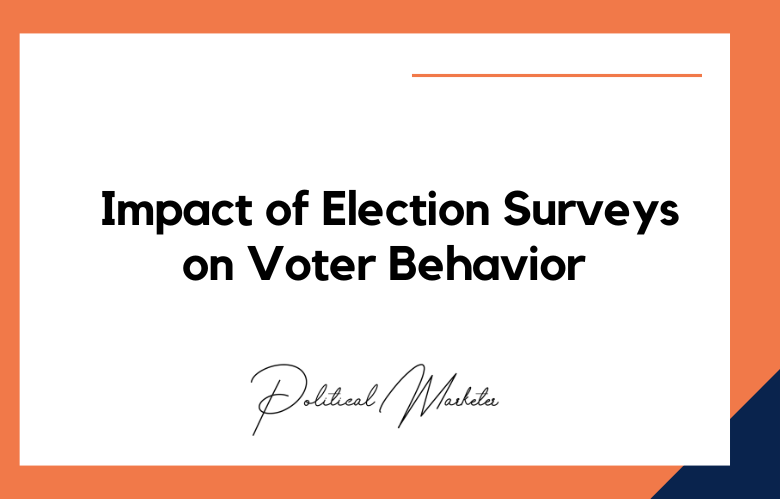Political parties play a vital role in democratic societies, serving as vehicles for political representation, policy formulation, and citizen engagement. Within these parties, members and leaders assume various roles and responsibilities that contribute to the functioning and effectiveness of the organization. Here are some key types of political party roles:
Types of Political Party Roles: The Responsibilities of Party Members and Leaders
Party Members: Party members form the grassroots foundation of political parties, providing support, engagement, and participation in party activities. Their responsibilities may include attending meetings, volunteering for campaigns, recruiting new members, and promoting the party’s platform and values within their communities.
Party Leaders
Party leaders occupy leadership positions within the party hierarchy and guide the organization’s direction, strategy, and decision-making. This includes roles such as party chairperson, president, or secretary-general. Party leaders are responsible for setting priorities, rallying support, and representing the party’s interests to external stakeholders.
Elected Representatives
Elected representatives, including members of parliament, legislators, and government officials, serve as the party’s public face and are tasked with representing the party’s interests and constituents in government. Their responsibilities include drafting legislation, advocating for policy priorities, and holding the government to account.
Campaign Managers and Strategists
Campaign managers and strategists are responsible for planning, organizing, and executing political campaigns, including electoral campaigns, advocacy efforts, and issue-based campaigns. They develop campaign strategies, mobilize resources, coordinate volunteers, and oversee messaging and media outreach to maximize electoral success.
Policy Advisors and Experts
Policy advisors and experts provide specialized knowledge and expertise on policy issues, helping to shape the party’s policy platform, agenda, and legislative priorities. They conduct research, analyze data, and provide recommendations to inform policy decisions and positions taken by party leaders and elected representatives.
Communications and Media Specialists
Communications and media specialists manage the party’s public image, messaging, and media relations. They develop communication strategies, craft press releases and statements, coordinate media appearances, and engage with journalists and the public to shape public perceptions and narratives about the party.
Organizers and Mobilizers
Ording local branches, volunteer networks, and grassroots movements. They recruit and train volunteers, coordinate campaign activities, and mobilize support for the party’s candidates and initiatives.
Fundraisers and Finance Managers
Fundraisers and finance managers are responsible for raising funds and managing the party’s finances to support its activities and operations. They develop fundraising strategies, cultivate donor relationships, and ensure compliance with campaign finance regulations and reporting requirements.
By assuming these various roles and responsibilities, party members and leaders contribute to political parties’ vitality, effectiveness, and success in fulfilling their democratic mandate to represent citizens, formulate policies, and compete for political power.
Behind the Scenes: Exploring the Roles of Political Party Members
“Behind the Scenes: Exploring the Roles of Political Party Members” invites us to delve into the intricate dynamics of political party membership, shedding light on members’ diverse roles and responsibilities within the party structure. While political parties often take center stage in public discourse, individual members’ dedication, efforts, and contributions form the backbone of these organizations.
In this exploration, we will uncover the multifaceted nature of political party membership, from grassroots activism to strategic leadership positions. By understanding the roles and responsibilities of party members, we gain insight into political parties’ inner workings, decision-making mechanisms, and capacity to mobilize support, shape policy agendas, and influence political outcomes.
Political party members serve as the organization’s lifeblood, embodying its values, promoting its platform, and engaging with communities on behalf of the party. From attending local meetings and canvassing door-to-door to volunteering for campaigns and advocating for policy change, party members play a pivotal role in driving the party’s mission and objectives forward.
Power Play: Understanding the Responsibilities of Political Party Leaders
In the intricate realm of politics, the role of political party leaders stands as a cornerstone of governance, shaping the direction, priorities, and effectiveness of their respective parties. As the face of their organizations, political party leaders carry a weighty responsibility, balancing the demands of internal party management with the broader imperatives of electoral success, policy development, and representation of their constituents’ interests.
Understanding the multifaceted responsibilities of political party leaders offers valuable insights into the complexities of leadership within democratic systems and the pivotal role these individuals play in shaping the trajectory of nations.
The Leadership Imperative
Political party leaders are tasked with providing vision, direction, and strategic guidance to their parties, articulating a compelling narrative that resonates with voters and inspires loyalty among party members. They must navigate the complexities of political landscapes, anticipate emerging challenges, and seize opportunities to advance their party’s goals while maintaining cohesion and unity within their ranks.
Party Management and Organization
At the helm of their parties, leaders are responsible for managing internal affairs, fostering a culture of inclusivity and accountability, and cultivating talent within their ranks. This involves overseeing party structures, personnel decisions, and organizational strategies to ensure that the party operates efficiently and effectively.
Electoral Strategy and Campaigning
Political party leaders are central in devising electoral strategies, crafting campaign messages, and mobilizing support to secure victory. They must navigate the intricacies of electoral systems, build coalitions, and engage with voters across diverse demographics to maximize electoral success and representation.
Policy Development and Advocacy
Leadership in political parties entails the development of policy platforms, the formulation of legislative agendas, and the advocacy of policy priorities in government institutions. Leaders must engage with stakeholders, experts, and the public to shape policies that address pressing societal challenges and reflect the values and aspirations of their constituents.
Representation and Accountability
Above all, political party leaders represent their parties and constituents, advocating for their interests and values in public discourse and decision-making processes. They are accountable to party members and the broader electorate, facing scrutiny for their actions, decisions, and leadership outcomes.
A Balancing Act: The Dual Roles of Political Party Members
Political party members engage in a delicate balancing act as they navigate their dual roles within their respective parties and broader society. On the one hand, they are loyal adherents to their party’s values, goals, and leadership, actively contributing to party activities, campaigns, and decision-making processes.
On the other hand, they are citizens with individual rights, responsibilities, and interests that may sometimes diverge from their parties. Understanding the dynamics of these dual roles sheds light on the complexities of political participation, representation, and democracy.
The Gavel and the Megaphone: The Essential Roles of Party Leaders
“The Gavel and the Megaphone: The Essential Roles of Party Leaders” offers an insightful exploration into political party leaders’ pivotal roles and responsibilities within the dynamic realm of politics. Serving as the face and voice of their respective parties, leaders play a central role in shaping the organization’s direction, strategy, and image.
The Puppeteer and the Player: How Party Members and Leaders Work Together
“The Puppeteer and the Player: How Party Members and Leaders Work Together” offers a nuanced exploration into the intricate relationship between political party members and their leaders within the framework of democratic governance. Drawing parallels to the roles of puppeteer and player, this examination delves into the collaborative dynamics that shape political parties‘ direction, strategy, and effectiveness.
In this exploration, we uncover the symbiotic relationship between party members and leaders, each playing distinct yet complementary roles in advancing the party’s mission and objectives.
The metaphor of the puppeteer evokes the leadership’s guiding influence in orchestrating the party’s vision and strategy. At the same time, the player represents individual members’ active engagement and agency in executing that vision.
Political party members form the grassroots foundation of the organization, embodying its values, mobilizing support, and advocating for its platform within communities. They serve as the eyes and ears of the party, providing valuable insights into local concerns, preferences, and priorities. Through their grassroots activism, members amplify the party’s message, broaden its reach, and cultivate a sense of belonging and ownership among supporters.
Conclusion
Political parties play a vital role in modern democracies, providing a platform for citizens to engage in the political process and advocate for their beliefs and interests. The effectiveness of a political party depends on the dedication and coordination of its members and leaders, each of whom plays a specific role in advancing the party’s goals and values.
Party members are the lifeblood of any political party, providing the energy, enthusiasm, and grassroots support needed to mobilize voters and achieve electoral success. They are responsible for carrying out the day-to-day activities of the party, from campaigning and fundraising to organizing events and recruiting new members.
On the other hand, party leaders are responsible for setting the party’s strategic direction, developing policy positions, and representing the party in the media and public debates. They are crucial in building alliances, negotiating with other political actors, and guiding the party through the complex and ever-changing political landscape.
Call: +91 9848321284
Email: [email protected]










